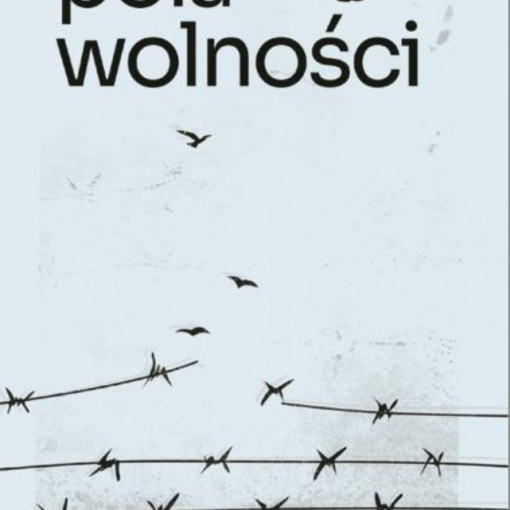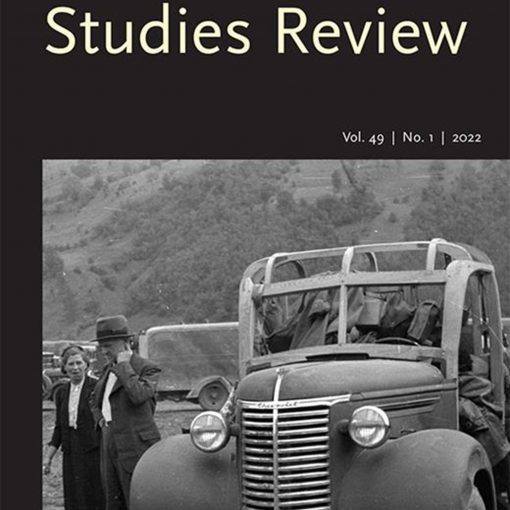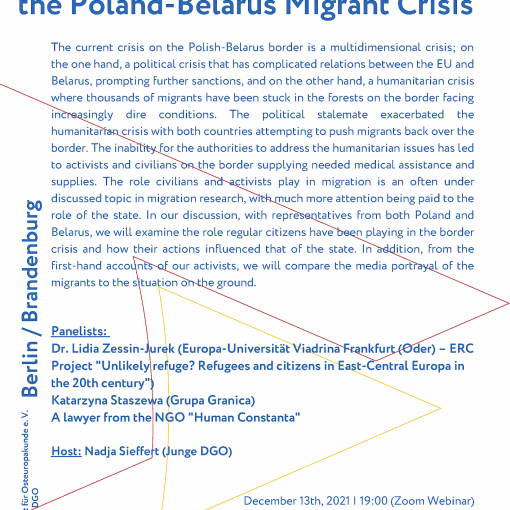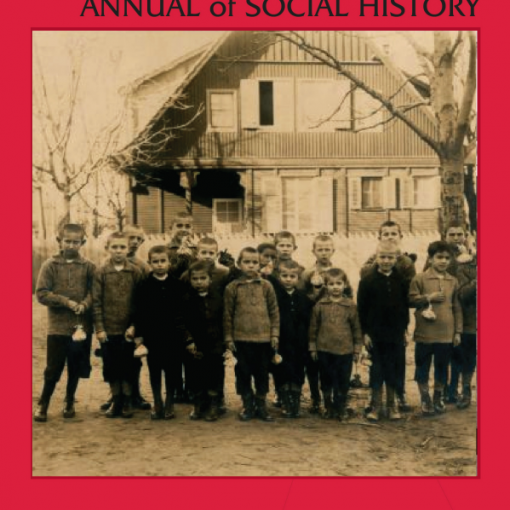Prague, June 18-20, 2025
Organised by the ERC Consolidator project Unlikely Refuge? Refugees and Citizens in East-Central Europe in the 20th Century, Masaryk Institute and Archives of the Czech Academy of Sciences
In the decades following the Second World War, the image of refugee protection became increasingly associated with the ‘West,’ thought of both as several geographical regions and more broadly as a standing for democratic political systems, the rule of law and civil liberties. Even when expanded in space, time and scope, the foundations of the Cold War refugee regime have a significant impact on how refugee assistance and security are conceptualised and carried out. But do we really know what establishes the protection of people fleeing persecution and harsh conditions?
The conference provides space to think about the constellations of refugee protection and assistance in the plural. It is inspired by and organised in the framework of the ERC Consolidator project Unlikely Refuge? Refugees and Citizens in East-Central Europe in the 20th Century. Over the past years, the project team has been investigating refugeedom in the 20th century in a region that is characteristically seen as a place to leave for the reasons of political oppression, ethnic violence and genocide or for economic reasons. However, in East-Central Europe, millions of refugees were received (or not) in conditions of imperfect refuge: in weak states or statelessness, in the midst of ethnic conflicts and cleansing, in authoritarian and ‘totalitarian’ regimes and in the context of political, economic and social transformation. State socialist countries believed to offer an alternative form of refugee protection, one centred on social rights and support for freedom fighters. The goal of the conference is not to idealise the alternatives but to think beyond the model of ‘Western’ liberal democracy as the only space and form of refugee protection.
This conference aims to unpack and problematise the relationship between refugee protection and democratic political systems, the rule of law, and political rights and freedoms, or their absence. It draws on research that examines refugeedom in places beyond the scope of ‘Western’ liberal democracies, or in ‘unlikely refuges’ such as in Europe’s ‘East’, and to ask how to advance a more open and flexible perspective on refugee regimes worldwide. We aim to better understand how refugee regimes function in situations of weak and/or undemocratic state structures, in the context of war and ethnic conflict.
We welcome contributions by historians, social and political scientists and from other disciplines, which allow to bring together the research on East-Central Europe and other regions considered to be outside of the imagined ‘West,’ primarily concentrating on the 20th century. Examinations of previous refugee situations can be included if conceptualised by the contemporary debates on refugee regimes; current refugee situations need to be analysed against a historical background. We invite papers that are focused on, but not limited to, the following facets of refugee protection in the context of a weak rule of law or undemocratic political systems, countries of emigration, or in the midst of ethnic and other conflicts:
- Comparisons of refugee regimes between the First, Second and Third Worlds, and including colonial and postcolonial spaces.
- Alternative concepts of refugee protection and refugee regimes, including those formulated by refugees themselves.
- Interplay of diverse actors, such as state officials, humanitarians and international organisations, civil society, and refugees.
- Refugee definition and protection in the context of political, social and economic changes.
- Ethnic and other constructions of solidarities as a basis for refugee protection.
Paper proposals (max. 250 words) and short bios (200 words), as well as any questions, should be directed to unref-public@mua.cas.cz.
Submission deadline: February 28, 2025
The decision on acceptance will be communicated by the end of March. The organisers will offer financial support for travel and accommodation.
Download as a pdf



